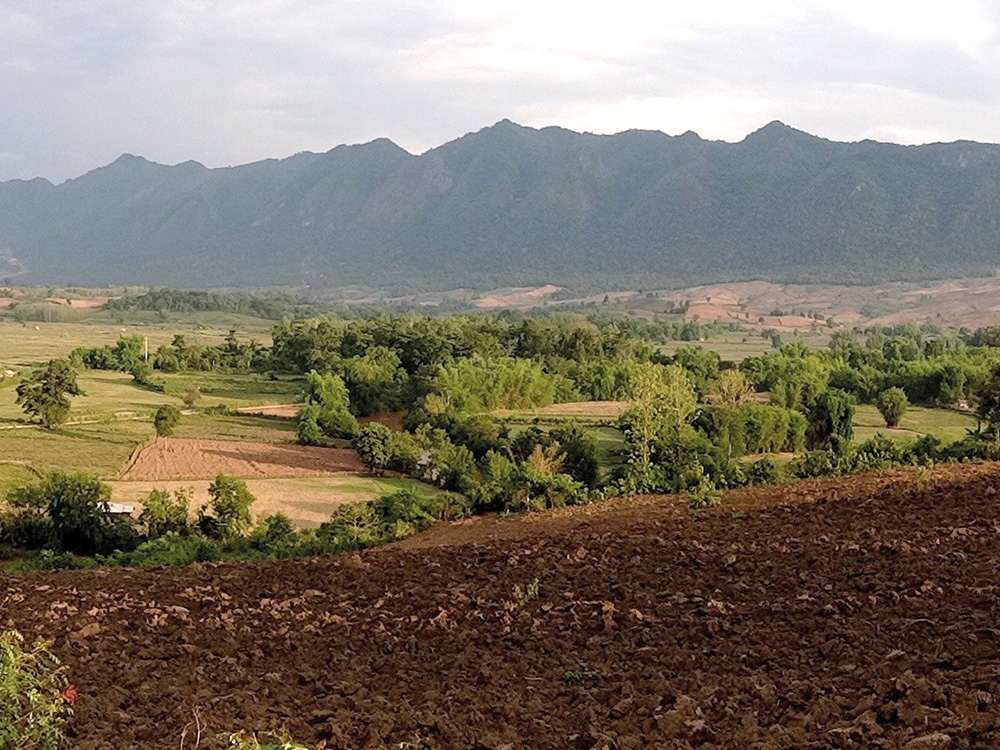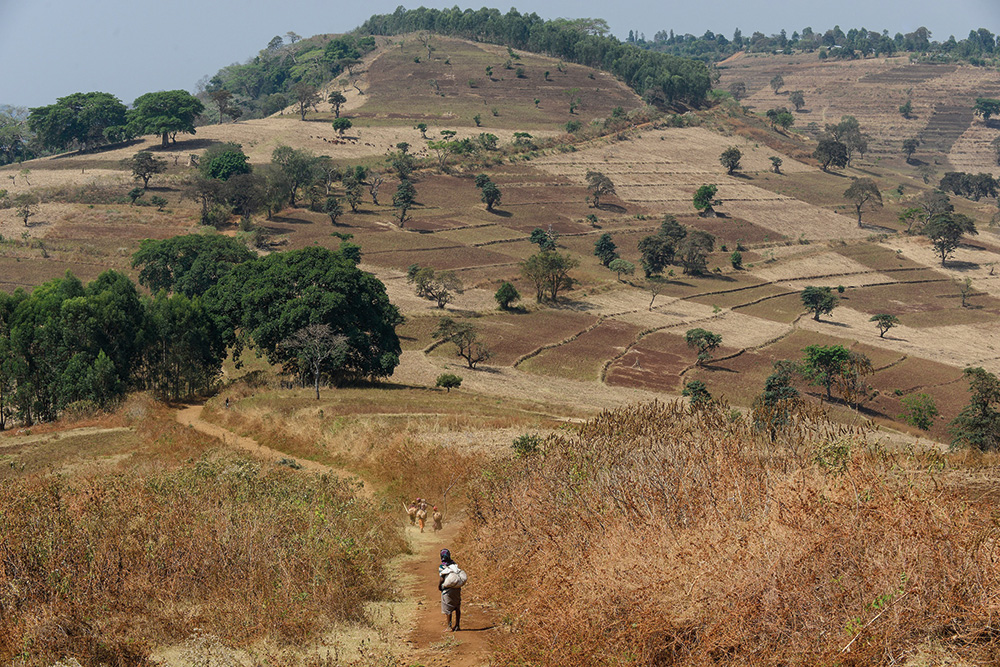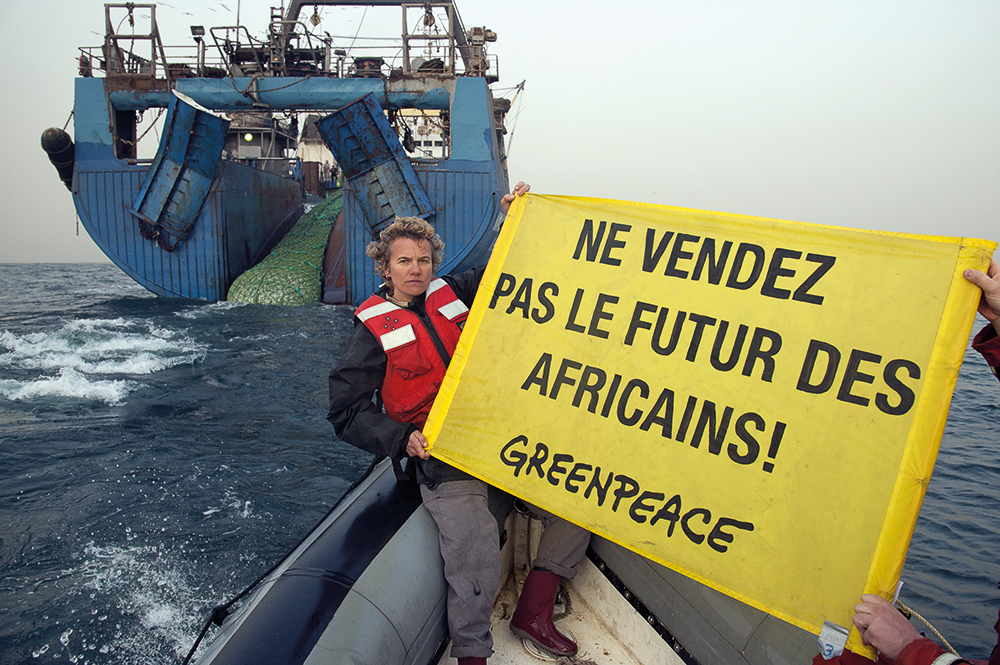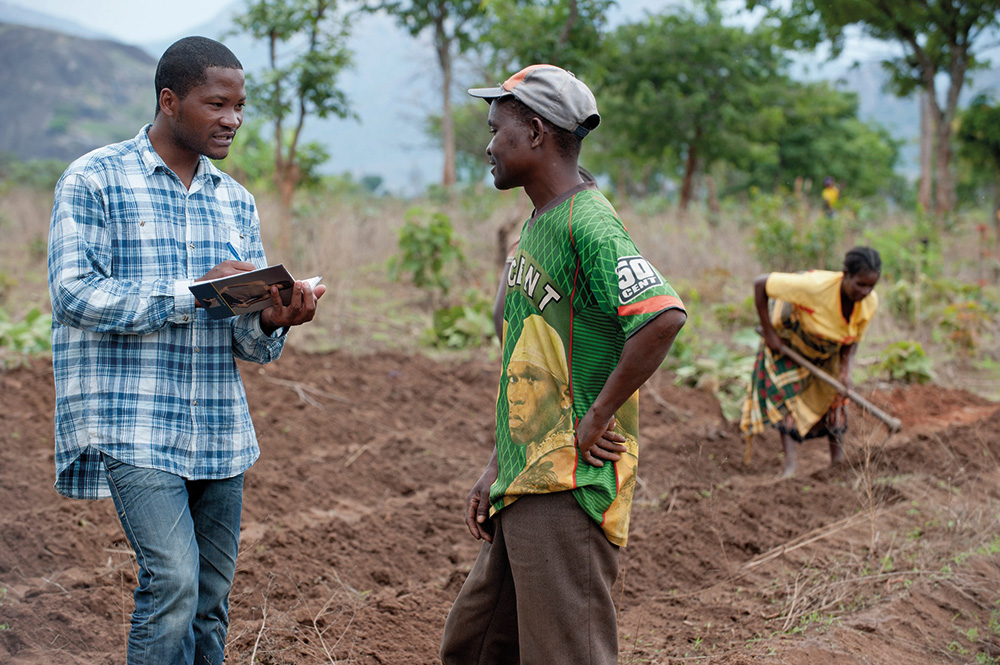Microfinance lending for farming in Congo – a worthwhile risk?
Agriculture is the basis for the livelihoods of the rural Congolese population. Yet despite its considerable potential, the sector and its many smallscale producers are barely served by microfinance institutions. The lack of adapted financial products for development of the farming sector is one of the reasons for the country’s continuing dependence on food imports.








